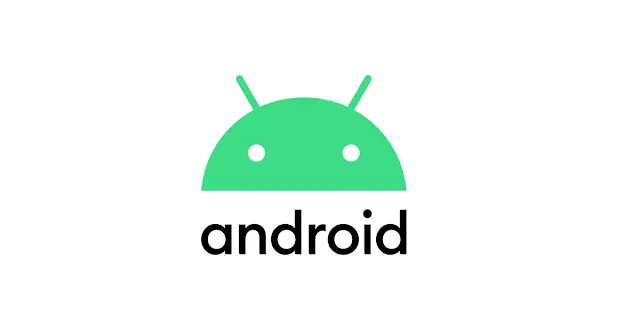Introduction to Android:
Android. What is Android. Android OS. Android Operating System.
Android is an operating system designed primarily for mobile devices, such as smartphones and tablets. It was developed by Google and released in 2008. Android is based on the Linux kernel and uses a modified version of the Java programming language. It is open source, which means that developers can modify and customize the source code to create their own versions of the operating system.
Brief history of Android:
Android was first developed by a company called Android Inc. in 2003. In 2005, Google acquired Android Inc. and continued to develop the operating system. The first version of Android, Android 1.0, was released in 2008. Since then, Google has released many updates to the operating system, with each version bringing new features and improvements.
Android architecture:
Android is based on a layered architecture that consists of four main components:
The Linux kernel: This is the core of the operating system that manages the hardware resources of the device.
The Android Runtime (ART): This is the component that executes the code written in Java or Kotlin. It converts the bytecode into native code, which makes the app faster and more efficient.
The application framework: This provides a set of APIs that developers can use to build apps. It includes components such as activities, services, content providers, and broadcast receivers.
The user interface (UI): This is the layer that users interact with. It includes the home screen, app drawer, notifications, and other UI elements.
Android operating system:
Android is designed to be flexible and customizable, with many features and options that can be tailored to the user's preferences. The operating system includes features such as:
Multitasking: Users can run multiple apps at the same time and switch between them seamlessly.
Notifications: Users can receive alerts from apps and view them in the notification center.
Security: Android includes various security features, such as app permissions, encryption, and malware scanning.
Google services: Android is tightly integrated with Google services such as Gmail, Google Maps, and Google Drive.
Customization: Users can customize their device's appearance, including the home screen, wallpapers, and themes.
Android applications:
Android apps are written in Java or Kotlin and are available from the Google Play Store. There are millions of apps available on the Play Store, ranging from games and social media apps to productivity and utility apps. Some popular apps include WhatsApp, Facebook, Instagram, and YouTube.
Android app development:
Developing an Android app requires knowledge of Java or Kotlin programming languages and the Android SDK (Software Development Kit). There are many tools available for app development, such as Android Studio, which is the official IDE for Android app development.
Android versions and updates:
Google releases new versions of Android periodically, with each version bringing new features and improvements. Android versions are named after desserts, such as Cupcake, Donut, and KitKat. The latest version of Android as of this writing is Android 12. Google also releases security updates and bug fixes for the operating system regularly.
Android device manufacturers:
Many companies manufacture Android devices, including Samsung, LG, HTC, and Motorola. These companies customize the operating system to suit their devices and add their own features and apps.
Android vs. iOS: comparison and differences:
Android and iOS are the two most popular mobile operating systems. While both systems have similar features and functionality, there are some key differences between them. For example, Android is more customizable and offers more flexibility, while iOS is more secure and offers a more consistent user experience.
Future of Android:
The future of Android looks bright,
Android open source project:
Android is an open source project, which means that the source code is available for anyone to use, modify, and distribute. This allows developers to customize the operating system to suit their needs and create their own versions of Android. It also means that anyone can contribute to the development of Android by submitting code changes and bug fixes.
Android ecosystem:
The Android ecosystem includes a variety of devices, such as smartphones, tablets, smartwatches, and TVs, as well as accessories such as headphones and smart home devices. The ecosystem also includes the Google Play Store, which is the primary source for Android apps, as well as other Google services such as Google Assistant and Google Maps.
Android security:
Android includes various security features, such as app permissions, encryption, and malware scanning. Google also releases security updates regularly to address vulnerabilities and protect users from security threats. In addition, Google Play Protect is a built-in feature that scans apps for malware and other security risks.
Android fragmentation:
One of the challenges of developing for Android is fragmentation, which refers to the fact that there are many different versions of Android in use on different devices. This can make it difficult for developers to ensure that their apps work correctly on all devices. Google has made efforts to address fragmentation by providing tools such as the Android Compatibility Program and the Android Developer Console.
Android for developers:
Android provides many tools and resources for developers, including the Android SDK, Android Studio, and the Android Developer Console. Developers can use these tools to create and test apps, as well as to publish them on the Google Play Store. Google also offers various resources and support for developers, such as documentation, sample code, and developer forums.
For More deatiled information about Android Stay tuned for Part - 2 of Android
🚧🚦 Part - 2 Coming Soon...... 🚦🚧





.webp)
.webp)
.webp)
.webp)
.webp)
.webp)
.webp)
.webp)
